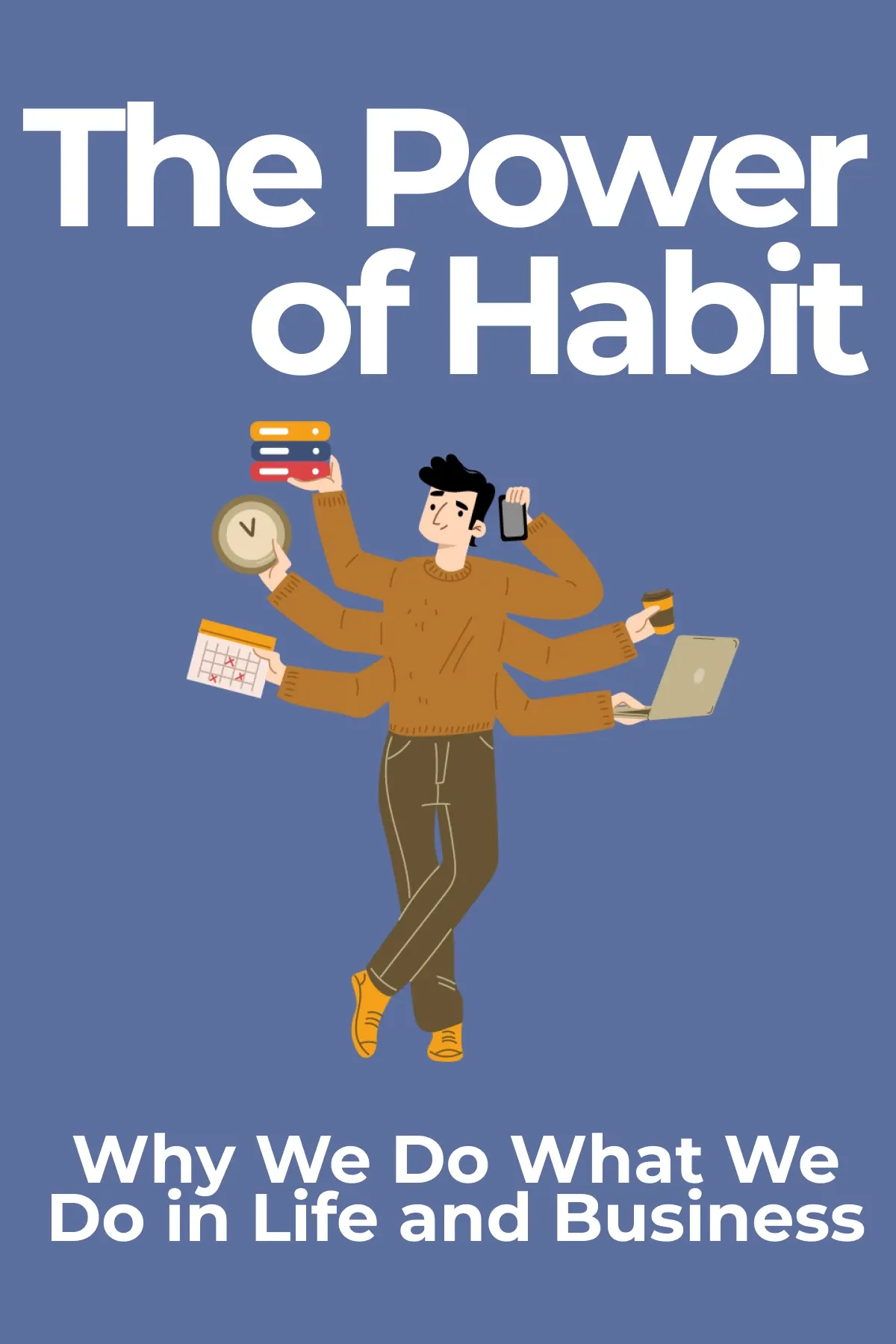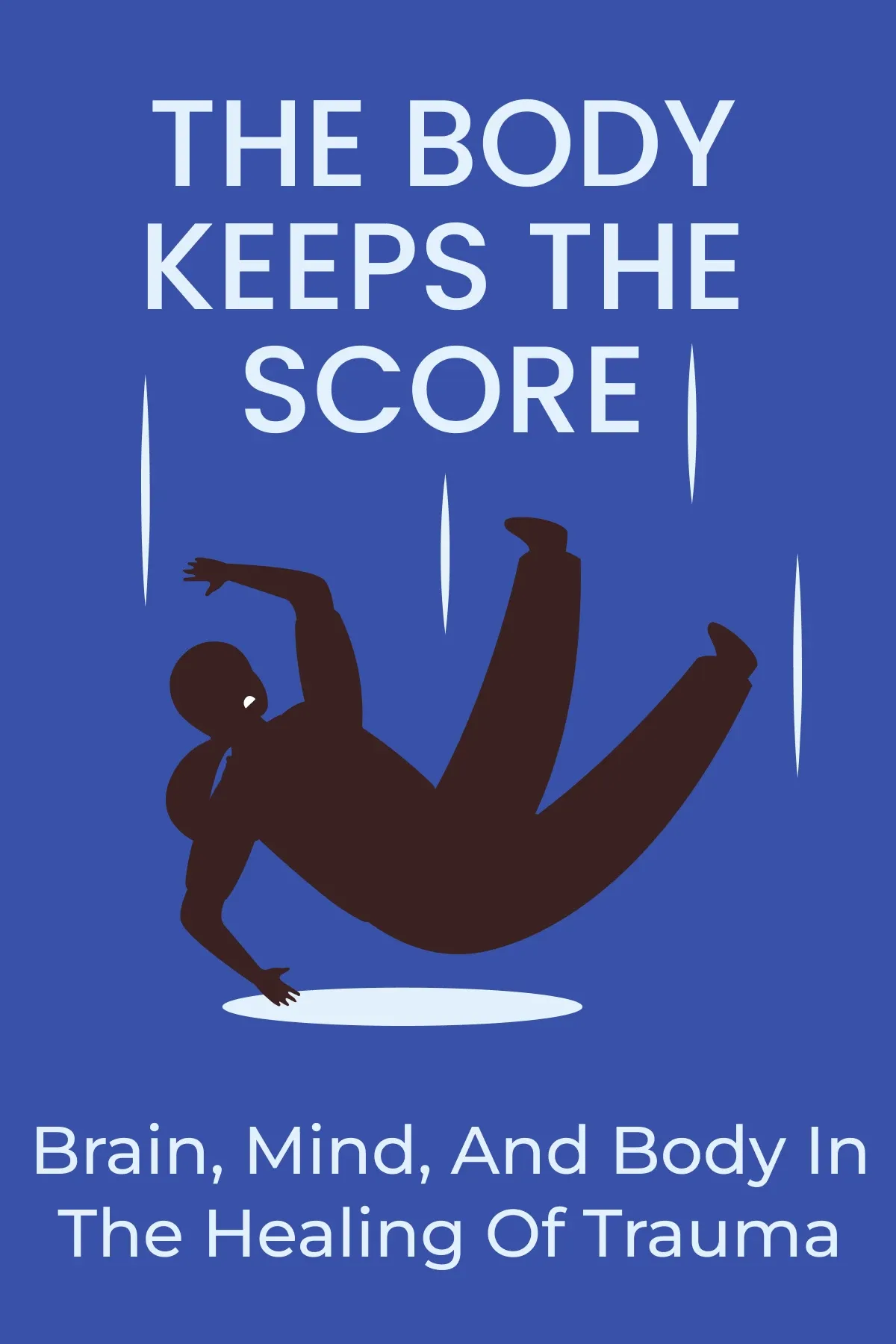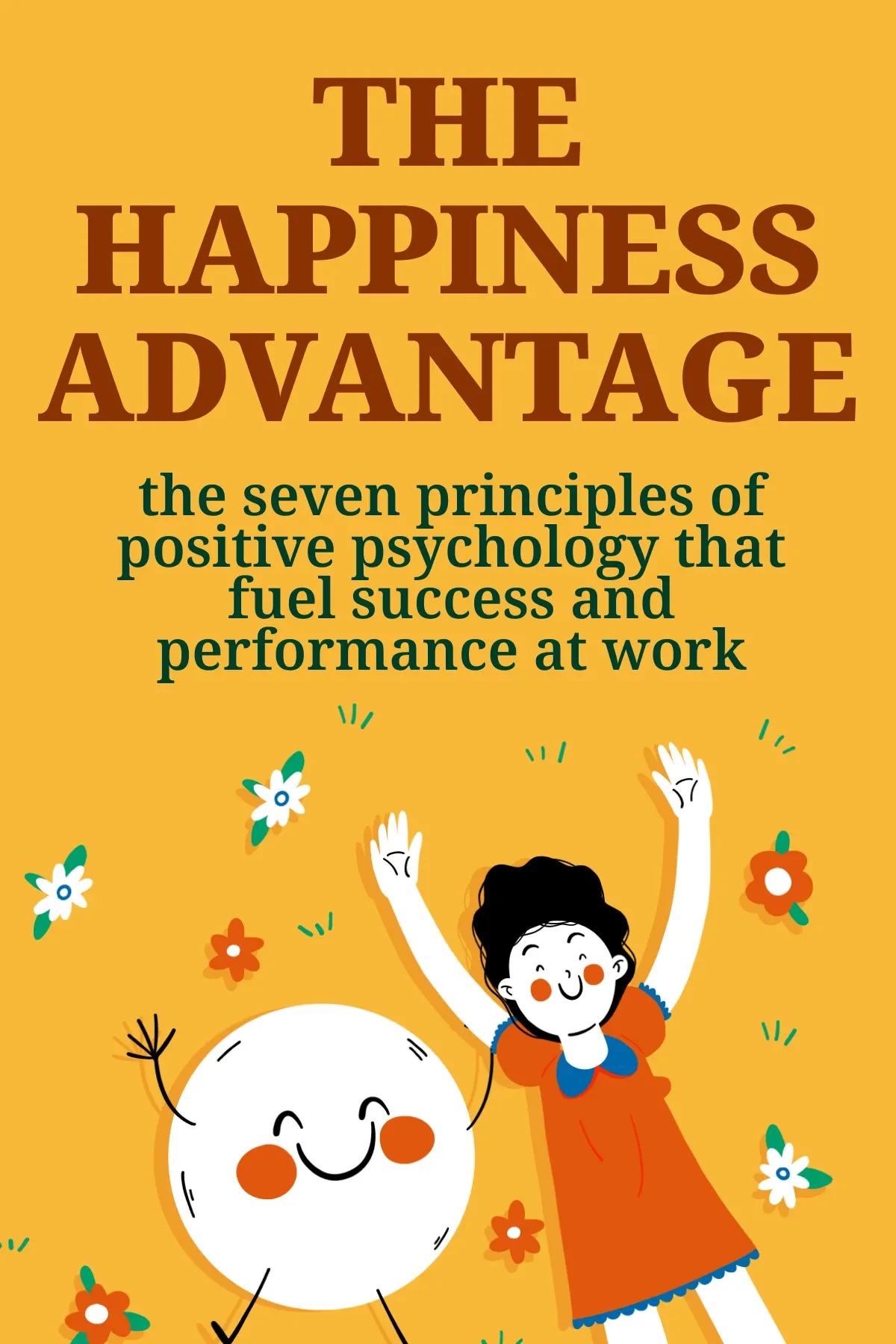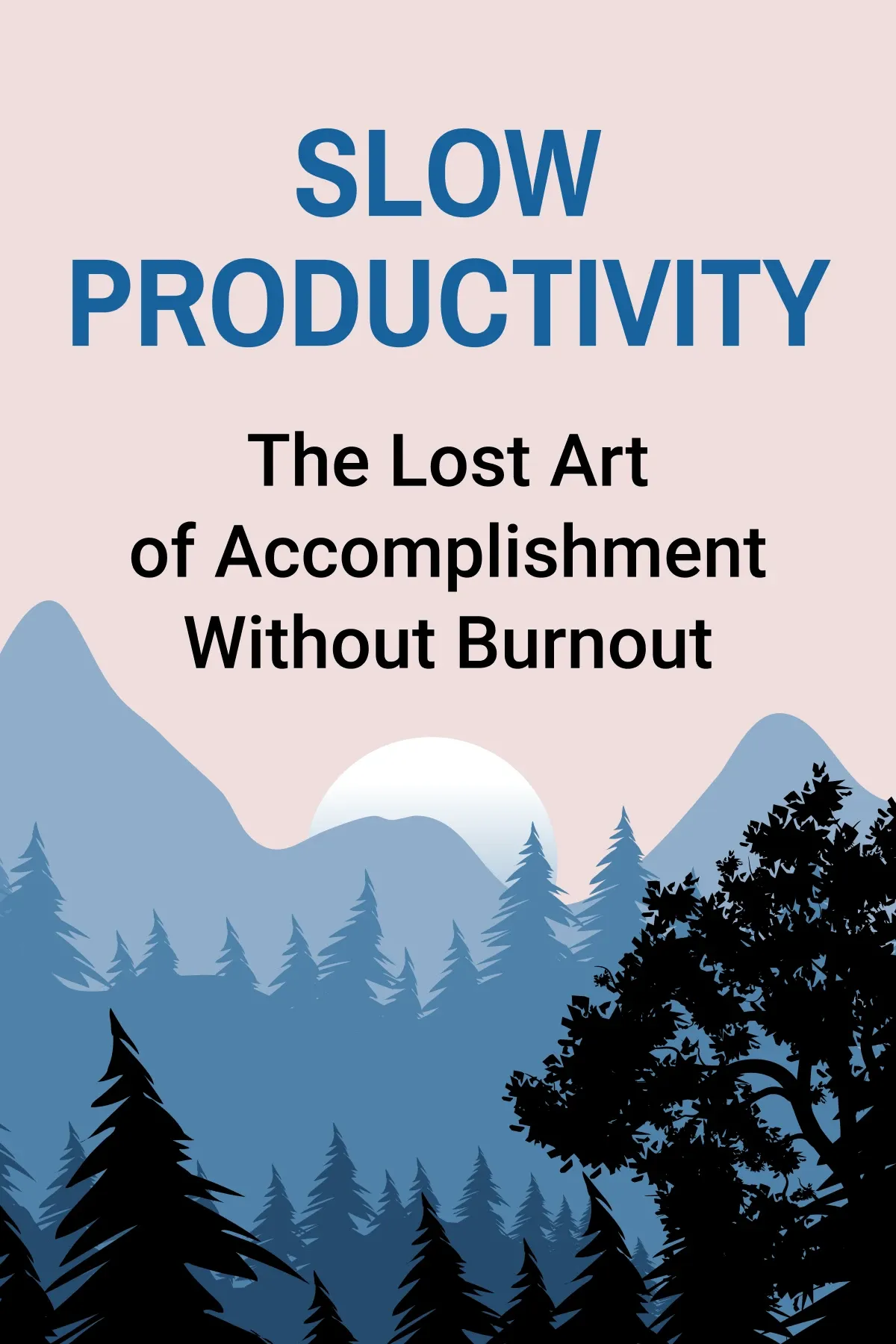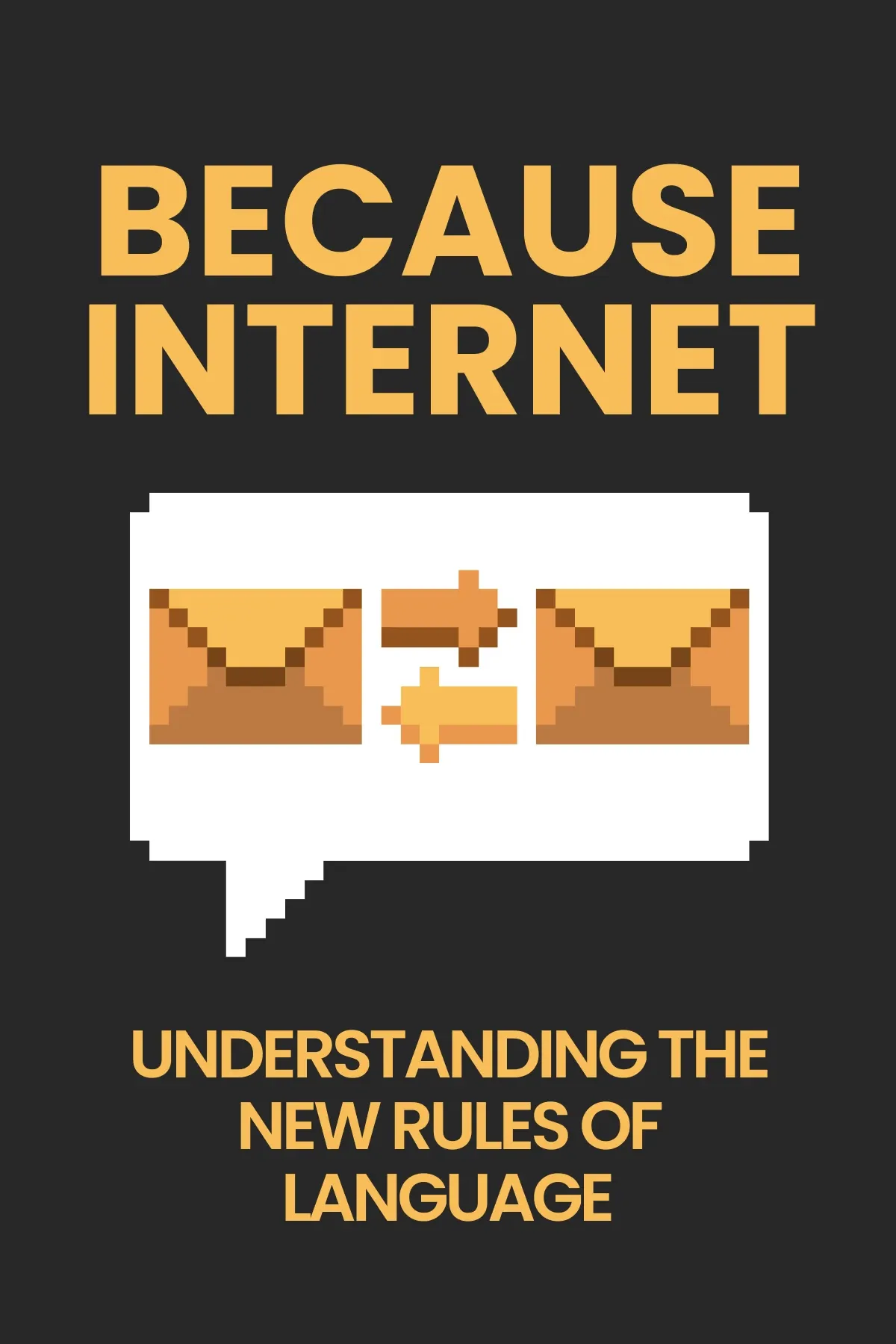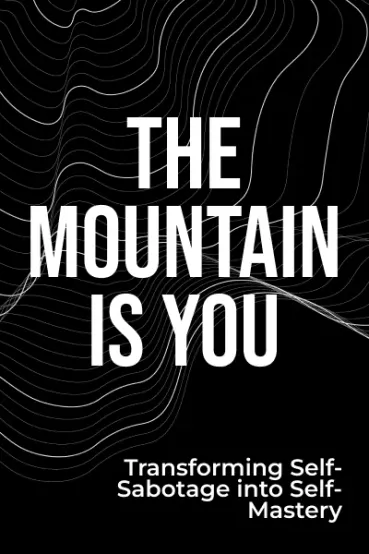
The Mountain Is You
Brief Summary
“The Mountain Is You: Transforming Self-Sabotage into Self-Mastery” by Brianna Wiest teaches acceptance of self-sabotage, strategies for developing emotional intelligence, and unlocking potential. You'll learn how to master the mighty mountains that block your path to a better self.
Topics
Key points
Key idea 1 of 8
People interpret the term "self-sabotage" as deliberate harm to oneself. Brianna Wiest, however, disagrees with this idea. Self-sabotage occurs when conscious desire conflicts with the subconscious. People resort to self-sabotage to avoid discomfort and pain during periods of growth and improvement. For instance, you start a relationship with someone who doesn't fit your ideals. You know in advance that a breakup is inevitable. You continue getting involved with such people repeatedly. It happens because, subconsciously, you might associate love with abandonment.
There are countless examples of self-sabotage. It occurs when you concern yourself too much with the opinions of others, constantly change residences and romantic partners, are fixated on perfectionism, and cannot analyze your emotions; when you judge others and live in disarray.
At the core of self-sabotaging behavior lies resolving an existing unconscious need. Psychology analysis can significantly help in overcoming it. The individual must precisely understand the influence of traumatic events in their life and work with the emotions caused by them. They need to find healthy models to fulfill their needs and work on developing emotional intelligence and resilience.
Self-sabotage often occurs in attempting to provide oneself with what's desired at a specific moment. It occurs without considering the essence of the problem. However, it's essential to remember that coping mechanisms are just ways to deal with the issue. They don't truly solve the problem. They're like pain relievers with short-lived effects.
Self-sabotage is based on deep beliefs that a person doesn't deserve happiness, love, success, or respect. Childhood significantly influences such negative self-esteem. Rethinking self-sabotage as a protective shield becomes the most effective strategy for overcoming it. For example, if procrastination is a barrier for you, start perceiving it as a signal that something needs your attention.
Uncovering the root cause is what helps eliminate self-sabotage. It takes more than just following the "overcome these impulses" template.
FAQ
You may also like these summaries


